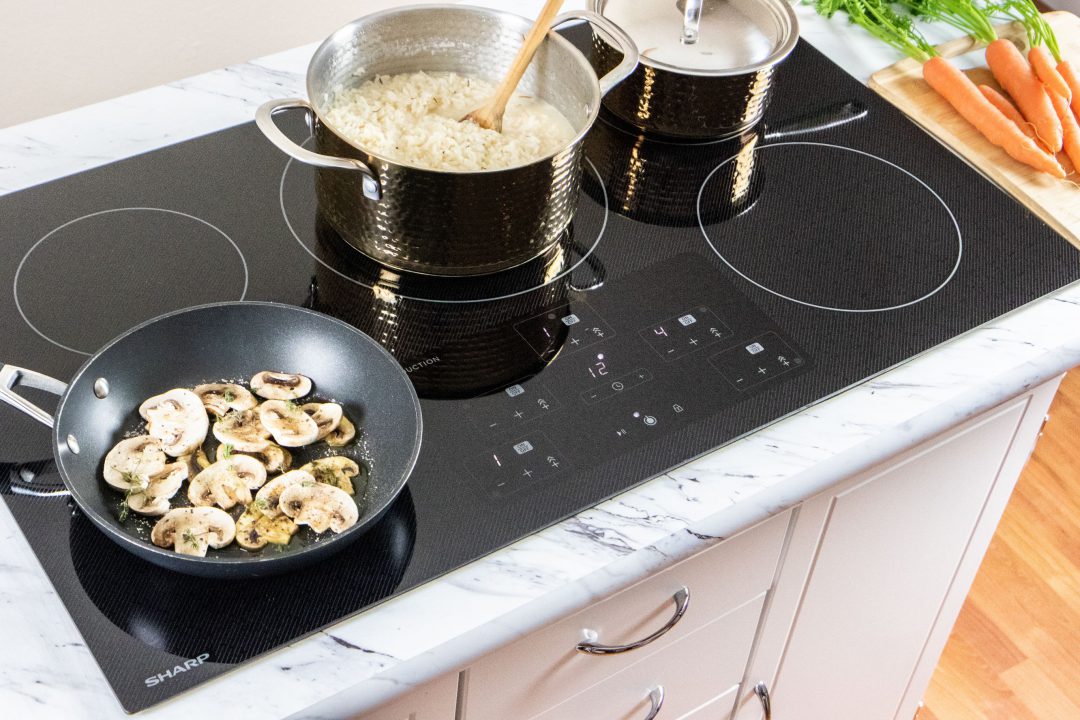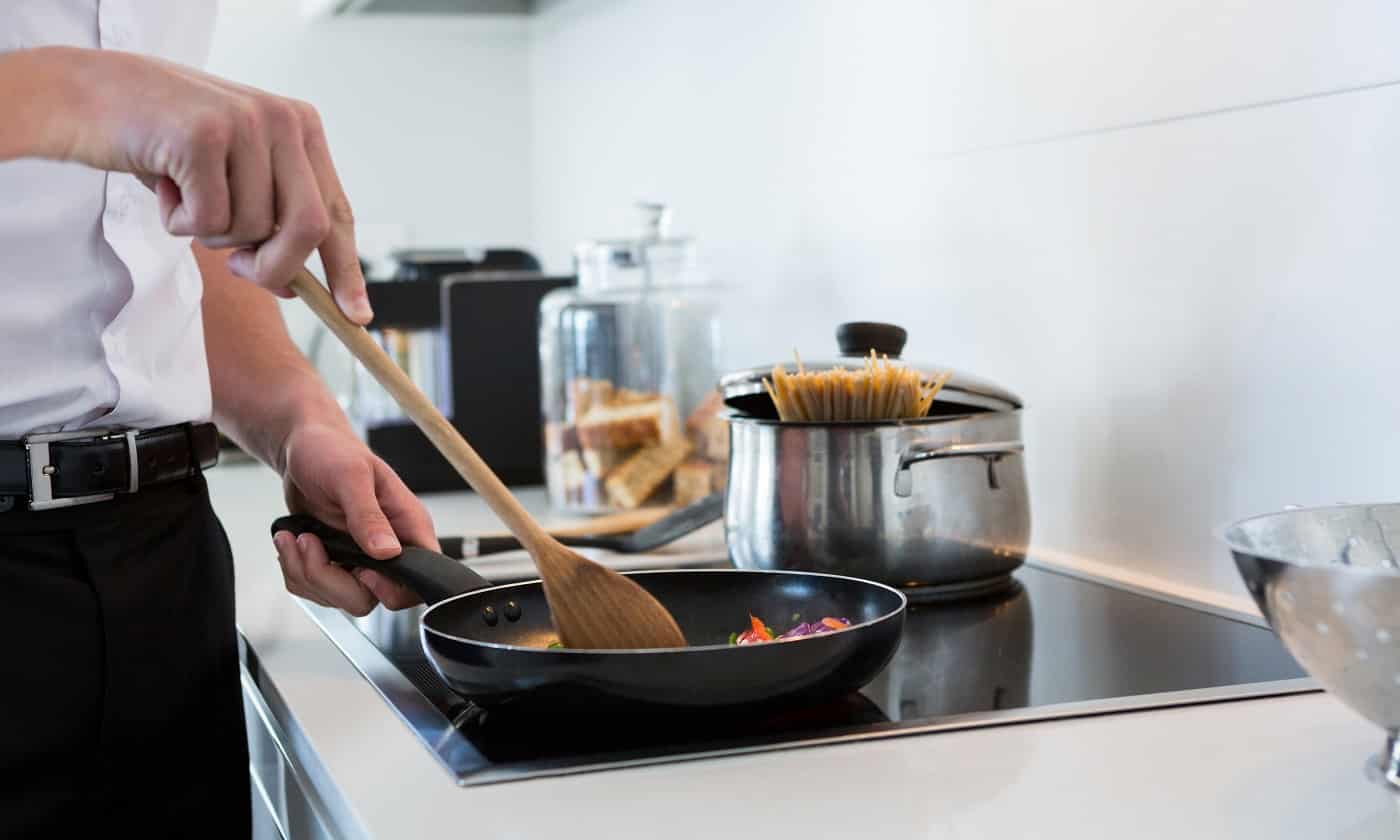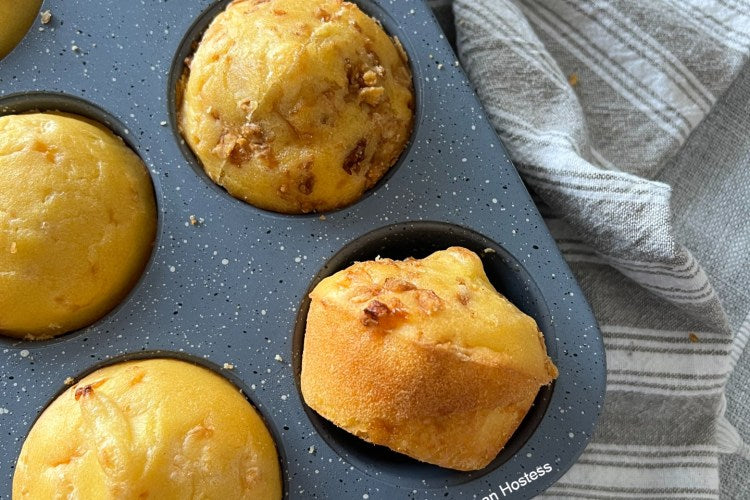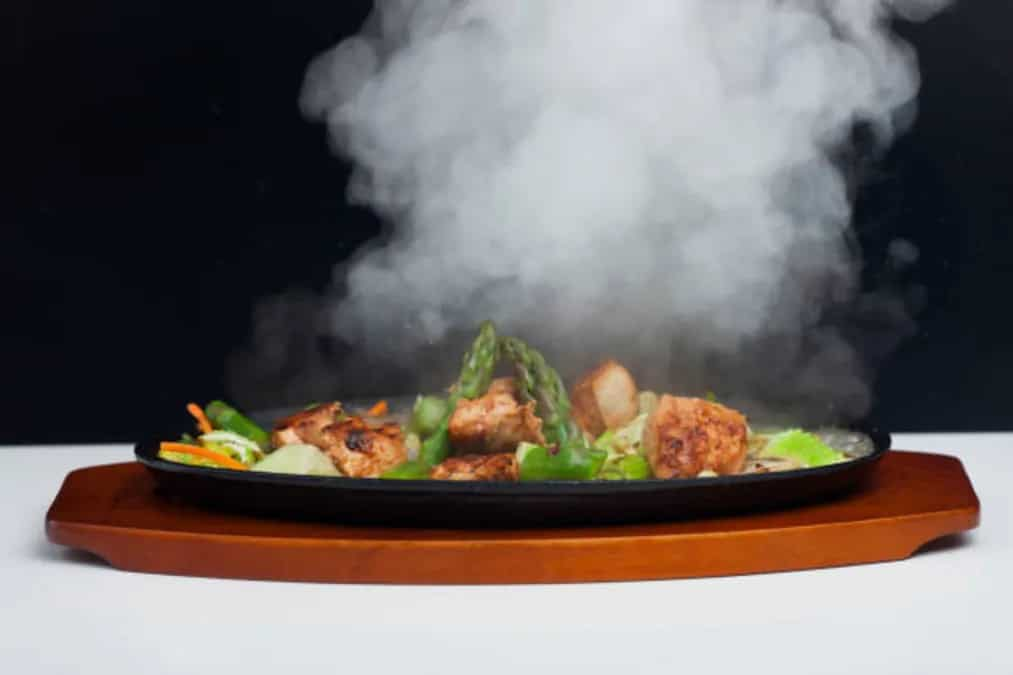As culinary experts continuously enhance their toolkit and techniques, an important question emerges: is cast iron outdated for induction cooking? With advancements in technology reshaping kitchen dynamics, induction cooking has risen to prominence, celebrated for its efficiency and precision. However, traditional cast iron cookware, known for its durability and excellent heat retention, appears to challenge this modern innovation. Lets explore this topic further and examine the connection between cast iron and induction cooktops.

Understanding Induction Cooking
Induction cooking is a groundbreaking technique that utilizes electromagnetic fields to directly heat cookware. Unlike conventional gas or electric stoves, induction cooktops heat the pots and pans instead of the surface itself. This results in quicker heating times and improved energy efficiency.
However, theres a catch for culinary professionals: not every type of cookware is suitable for induction cooktops. The cookware must be crafted from magnetic or ferrous materials to function correctly with induction technology. This raises the pivotal question: does cast iron meet the requirements?
The Compatibility of Cast Iron with Induction
Many may question whether cast iron, a material steeped in history, can adapt to contemporary innovations like induction cooking. Fortunately, the answer is unequivocally yes. Cast iron is indeed ferrous, making it naturally compatible with induction cooktops. The magnetic fields generated by the cooktop create heat directly within the cast iron, establishing it as a practical choice for induction cooking.
One of the standout benefits of using cast iron on induction cooktops is its exceptional heat retention. Once heated, cast iron maintains a steady temperature, perfect for techniques like slow cooking and searing meats. In addition, its durability ensures it can endure the rigors of time, making it a worthwhile investment for any professional kitchen.
Addressing Concerns: Is Cast Iron Really Outdated?
Despite its compatibility, some culinary professionals may still perceive cast iron as an outdated option due to its heft and maintenance needs. Theres no denying that cast iron is heavier than many other cookware materials, which can be cumbersome in a bustling kitchen.
Additionally, cast iron requires consistent upkeep to prevent rust and preserve its non-stick qualities. This involves regular seasoning with oil and careful storage in a dry location, which some may view as excessive compared to more low-maintenance alternatives available today.
However, its crucial to understand that the advantages of cast iron frequently outweigh these drawbacks. Its durability, natural non-stick features, and ability to withstand high temperatures make it an essential asset in any kitchen.
Embracing the Best of Both Worlds
Culinary experts looking to optimize their induction cooktops while still enjoying the advantages of cast iron have innovative options. Numerous manufacturers are now creating cast iron cookware specifically designed for induction cooking. These items often feature a smooth base that ensures maximum contact with the induction surface, enhancing performance.
Moreover, mixing cookware materials can provide versatility in the kitchen. For example, using stainless steel or copper pots for quick boiling, while reserving cast iron for slow-cooked dishes, allows for a more personalized cooking approach that maximizes the strengths of both materials.
For additional insights on the compatibility of cast iron with induction cooktops, you can check out Whirlpools insightful guide. Also, explore preheating tips and sizzling vegetarian recipes.
Conclusion: The Verdict
So, is cast iron outdated for induction cooking? The answer is a clear no. While it may necessitate some adjustments and considerations, cast iron remains a robust and reliable choice for kitchen professionals utilizing induction technology. Its exceptional heat retention and inherent durability ensure that it continues to hold a significant place in the modern kitchen.
As culinary technology progresses, the fusion of traditional cookware with innovative methods like induction cooking exemplifies the evolving nature of culinary arts. By blending both approaches, kitchen professionals can strike the perfect equilibrium between efficiency and tradition, paving the way for groundbreaking culinary innovations.

FAQs
Can all cast iron cookware be used on induction cooktops?
Absolutely. All cast iron cookware works seamlessly with induction cooktops, as cast iron is a ferrous material necessary for induction heating.
Does cast iron damage induction cooktops?
While cast iron is safe for use on induction cooktops, its weight and rough surface may scratch the cooktop. It is advisable to handle it with care and ensure that the base is clean and smooth.
Are there any alternatives to cast iron for induction cooking?
Yes, options like stainless steel and copper are also compatible with induction cooktops. These materials come with their own unique benefits and can effectively complement cast iron in a professional kitchen environment.






Leave a comment
This site is protected by hCaptcha and the hCaptcha Privacy Policy and Terms of Service apply.